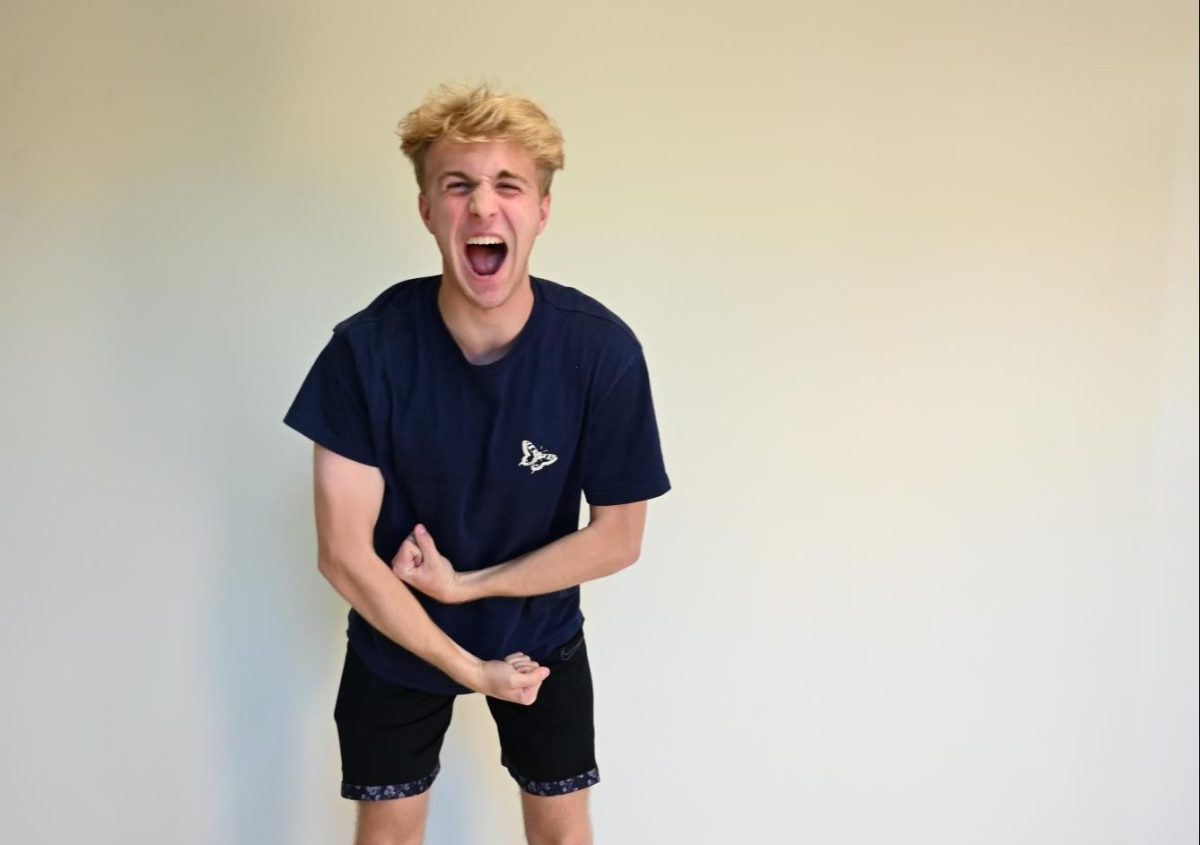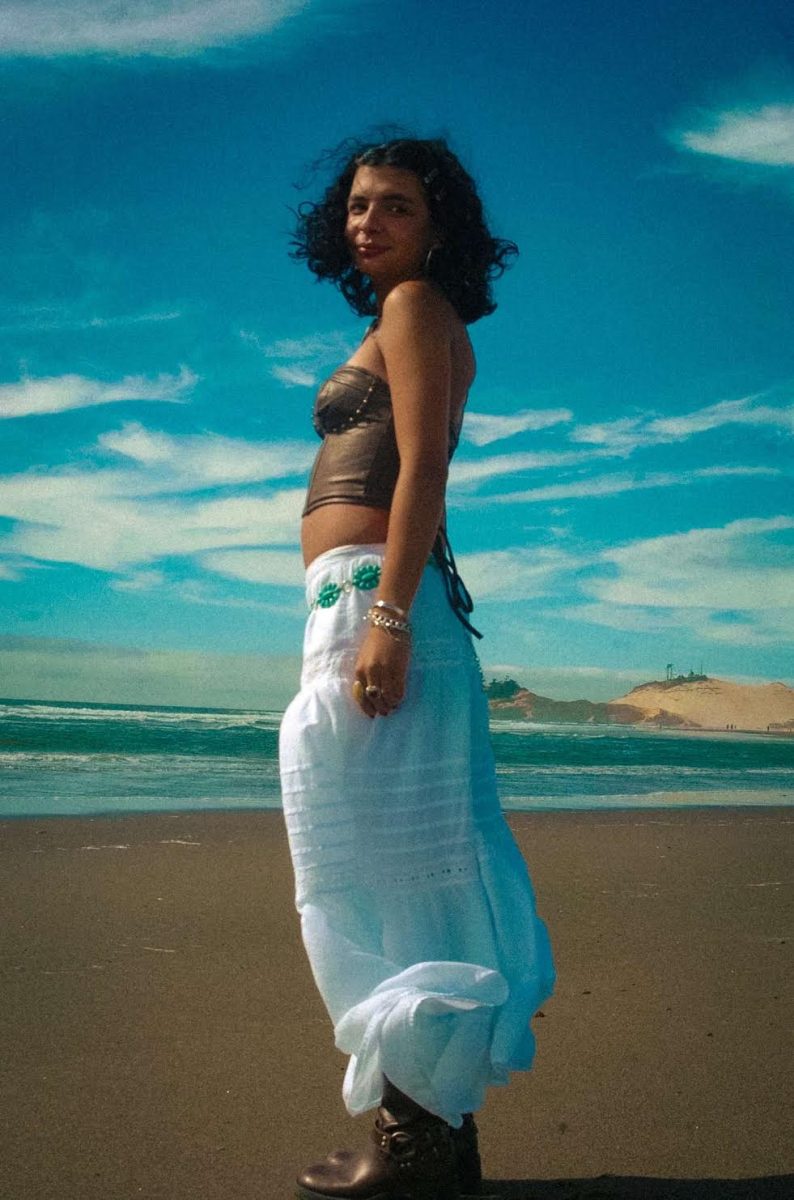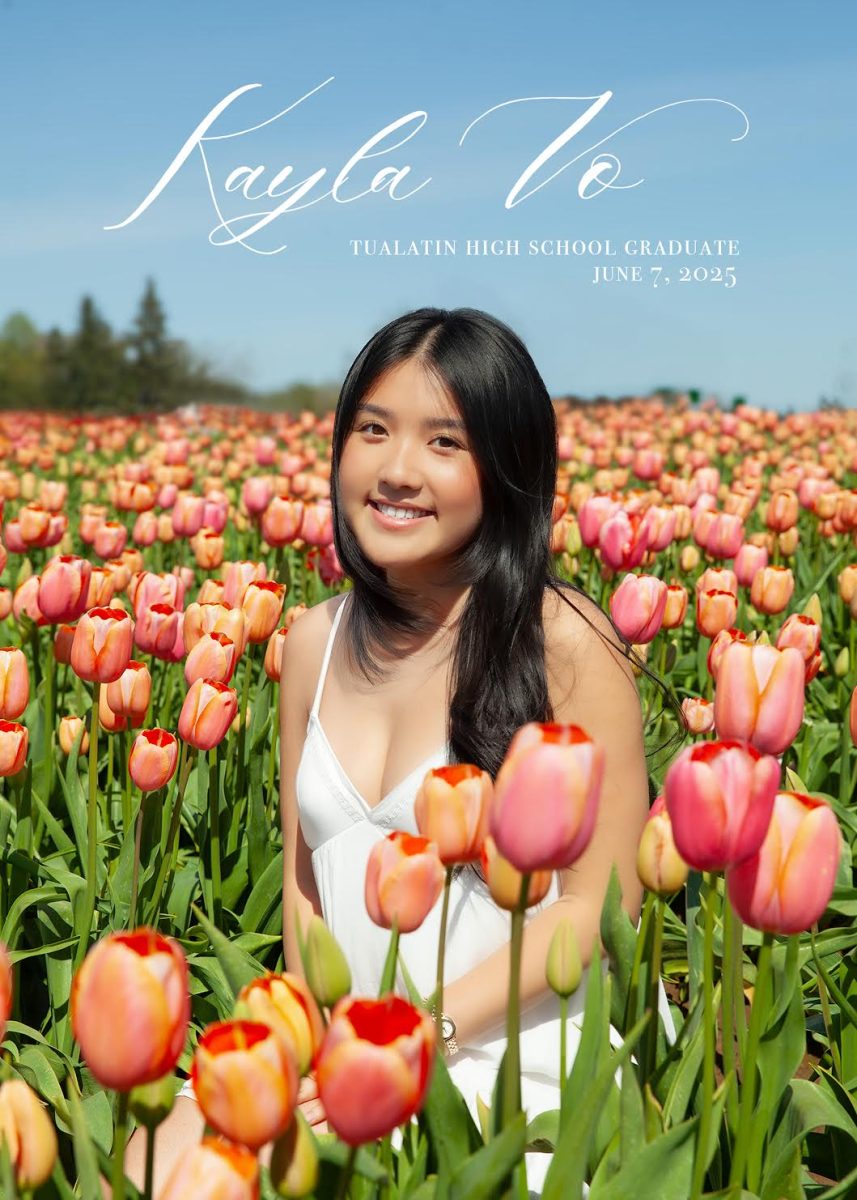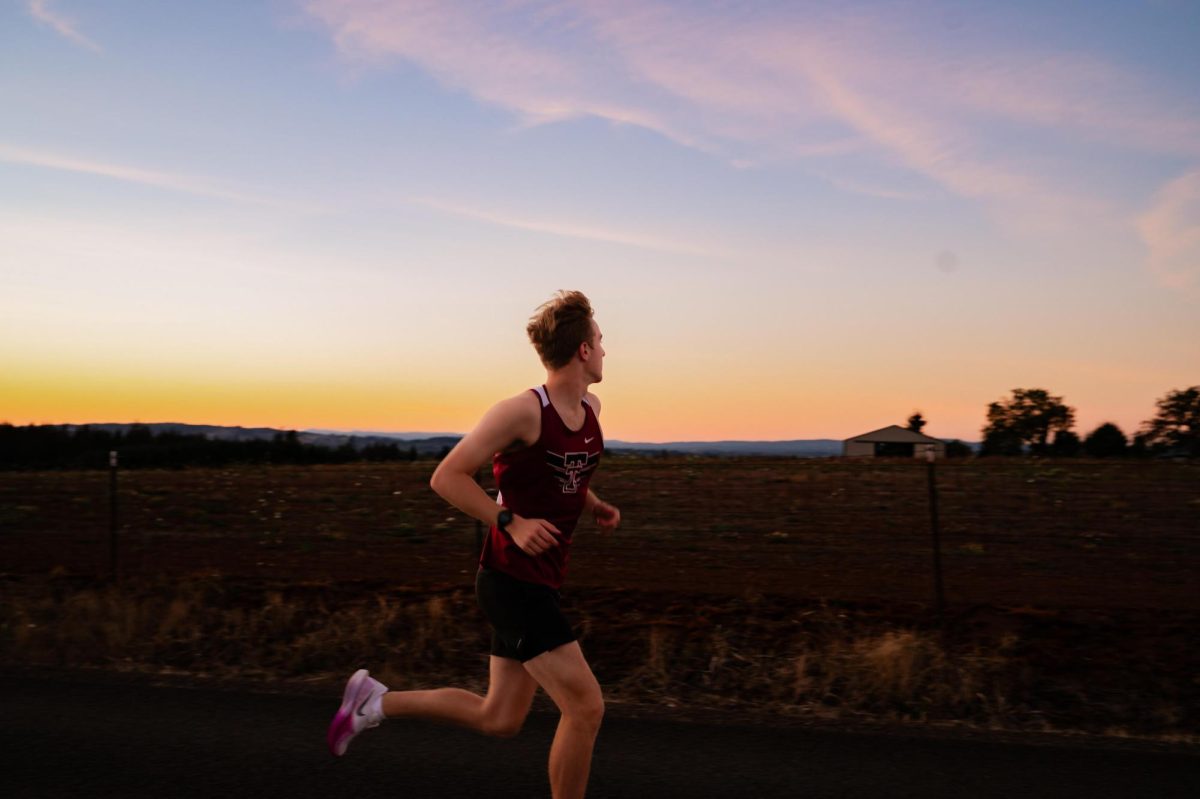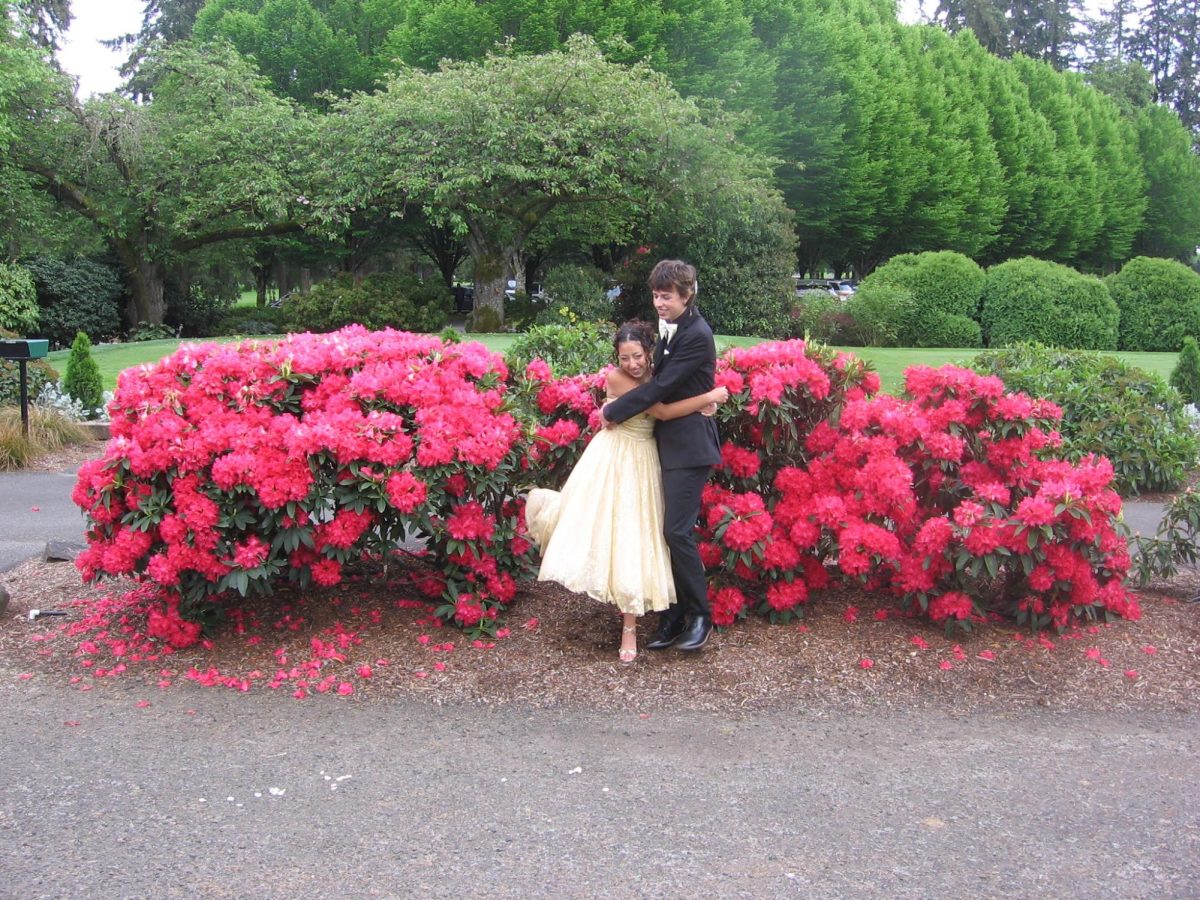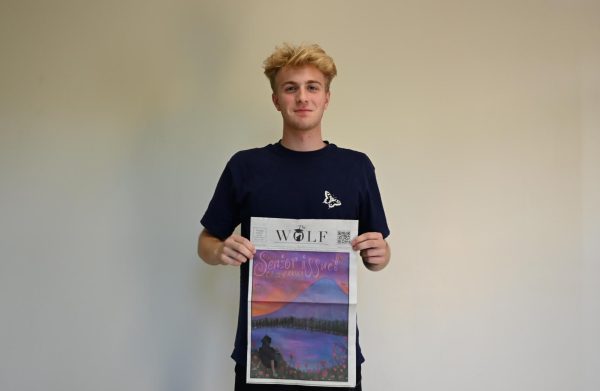“Hawk tuah and spit on that thang” – a phrase that lives in the minds and hearts of the American public, but more specifically, in the essence of modern journalism. Having attended “Fall Media Day” – a prestigious gathering of young journalists looking to either learn about or begin their careers in journalism at the University of Oregon – for three glorious consecutive years, the impact that these seven infamous words have had on the culture of reporting and communicating meaningful ideas as a whole has been undeniably evident. In the aftermath of these infamous words leaving the great Hailey Welch’s lips, a podcast arose from the ashes – one that would forever change the way society views, reacts to and creates works of modern journalistic art.
This podcast – known as “Talk Tuah” – has had a clear and entirely massive effect on the atmosphere of Fall Media Day. Art is a summation of human knowledge, as our mind’s knowledge is a summation of all the information and experiences we have internalized in our lifetime. For many, “Talk Tuah” transcends all previous podcasts, publications and works of literature in the sheer magnitude of the profound and original thoughts and new, groundbreaking philosophies and approaches to the complexities of life discussed.
One student, a senior attending Wilsonville High School, was particularly passionate.
“Hailey Welch is a modern-day philosopher, pushing the boundaries of human knowledge,” he said, quivering in excitement. “That work is reflected here in the speeches given at fall media day,” he added, nearly exploding in joy.
In my experience as a member of the audience, I can say with certainty that much of the initial speech, including many of the questions, drew major inspiration from Welch’s podcast. The first question: “When the world is so awful, how do you choose what to cover?” is a direct reference to Welch. Famously, Welch grew to fame as a result of a street interview conducted by the well-known Tim Dickerson and DeArius Marlow duo, a pair that has been well-regarded for their ability to choose not only which stories to cover and who out of such large crowds to interview, but how to curate the perfect questions that lead to the discovery of genius philosophers like Welch, commonly referred to as the Socrates of modern times. While exiting the ballroom, a Lake Oswego student attending Fall Media Day overheard one of my beloved classmates mention “Talk Tuah”. Eagerly, this student discussed with us the tremendous impact that this podcast has had on his “grind set” and his work for his school’s newspaper – and he is not alone; when the crowd was asked what form of media they mainly get their news from, a large number of students could agree that podcasts — a category which includes “Talk Tuah” — were the most currently relevant.
My time here at the University of Oregon has exhilarated me and fueled my drive to pursue journalism seeing the vast numbers of young, upcoming journalists who have been inspired and shaken to their core by the new era of idea communication. As this Fall Media Day continues, I look forward to observing the impact of Hailey Welch’s “Talk Tuah” on the professors and young, bustling, captivated learners, beginning their journey in pursuit of achieving a legacy as massive, powerful and influential as Welch’s.

